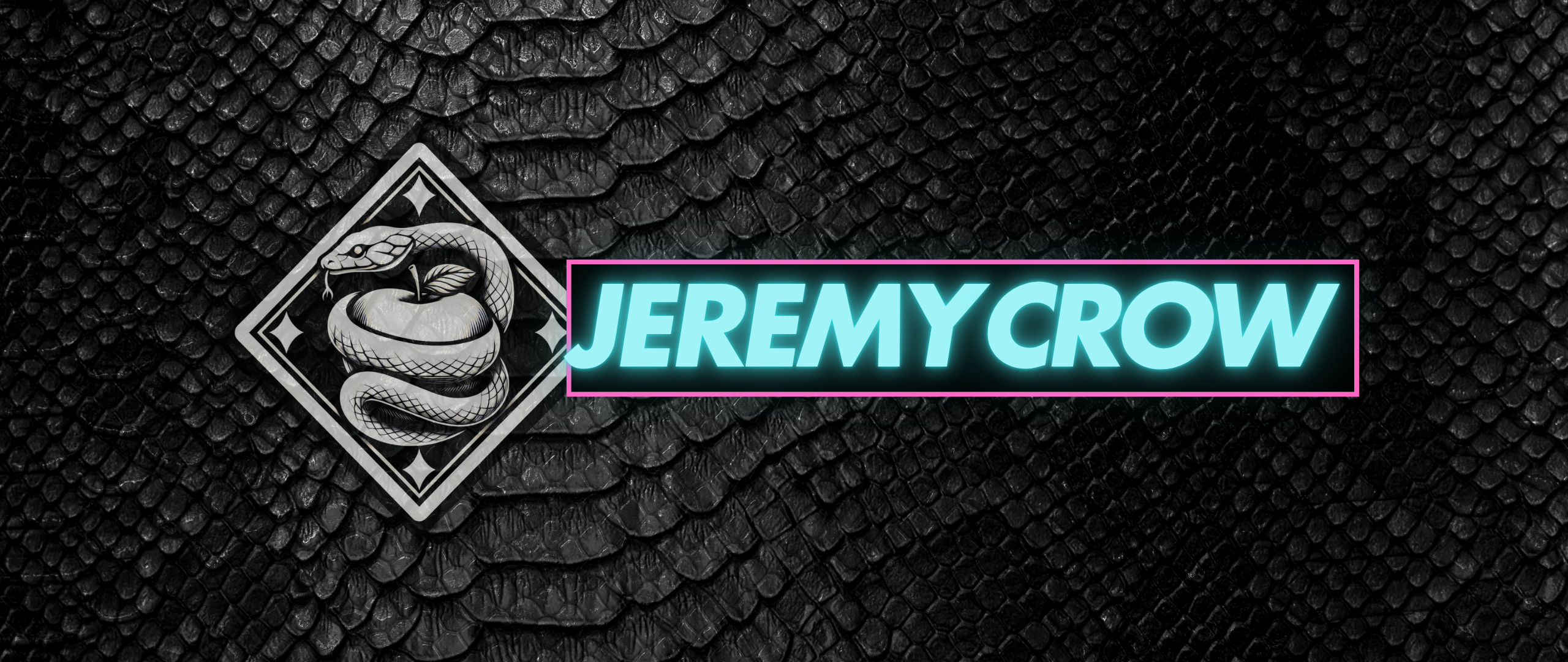Humanity faces a critical challenge: a mass extinction event driven by our actions. To restore balance, this course highlights three non-human allies (mushrooms, algae, and cannabis) that offer medicinal, nutritional, and environmental benefits. By forming symbiotic relationships with these organisms, we can support personal health and planetary recovery, aligning with the Luciferian principle of enlightened action.
Mushrooms are a powerhouse of medicinal and ecological potential. Many species, like lion’s mane or chaga, contain compounds with near-miraculous health benefits, from neuroprotection to immune support. Edible mushrooms provide nutrients often absent in plant-based diets, making them vital for vegetarians or in scenarios where traditional crops fail, such as a nuclear winter. Additionally, certain mushrooms, like oyster mushrooms, excel in bioremediation, absorbing radiation or cleaning oil spills, thus restoring polluted environments. For a deeper dive into fungi’s potential, Mycelium Running by Paul Stamets explores their role in environmental healing.
Algae, particularly spirulina, is a nutrient-dense superfood high in protein and healthy oils, low in carbs, and suitable for keto diets. Rich in minerals like iodine, which many lack, algae can be grown in ocean tanks or at home, offering a sustainable food source. Its high oil content supports biofuel production, reducing reliance on fossil fuels, while its oxygen production counters deforestation’s impact. Algae’s ease of cultivation makes it a practical ally for health and sustainability.
Cannabis (or hemp) is a versatile miracle plant. Its leaves, seeds, and flowers are edible, providing protein and oils for health supplements. Medicinally, THC aids pain relief and appetite stimulation, while CBD shows promise in treating epilepsy, multiple sclerosis, and even shrinking tumors. Beyond food and medicine, cannabis yields strong fibers for rope, cloth, and paper, offering a sustainable alternative to tree-based products. Its rapid growth in poor conditions makes it an efficient resource. One huge disclaimer for cannabis is that recreational use is not recommended, as THC suppresses REM sleep. This makes lucid dreaming and other forms of dream work much more difficult, if not impossible.
These allies—mushrooms, algae, and cannabis—offer solutions to health and environmental crises. By incorporating them into our diets, supporting related industries, and advocating for their use, we can foster a sustainable future. Reflect on how you can integrate these organisms into your life to support both personal and planetary well-being.
